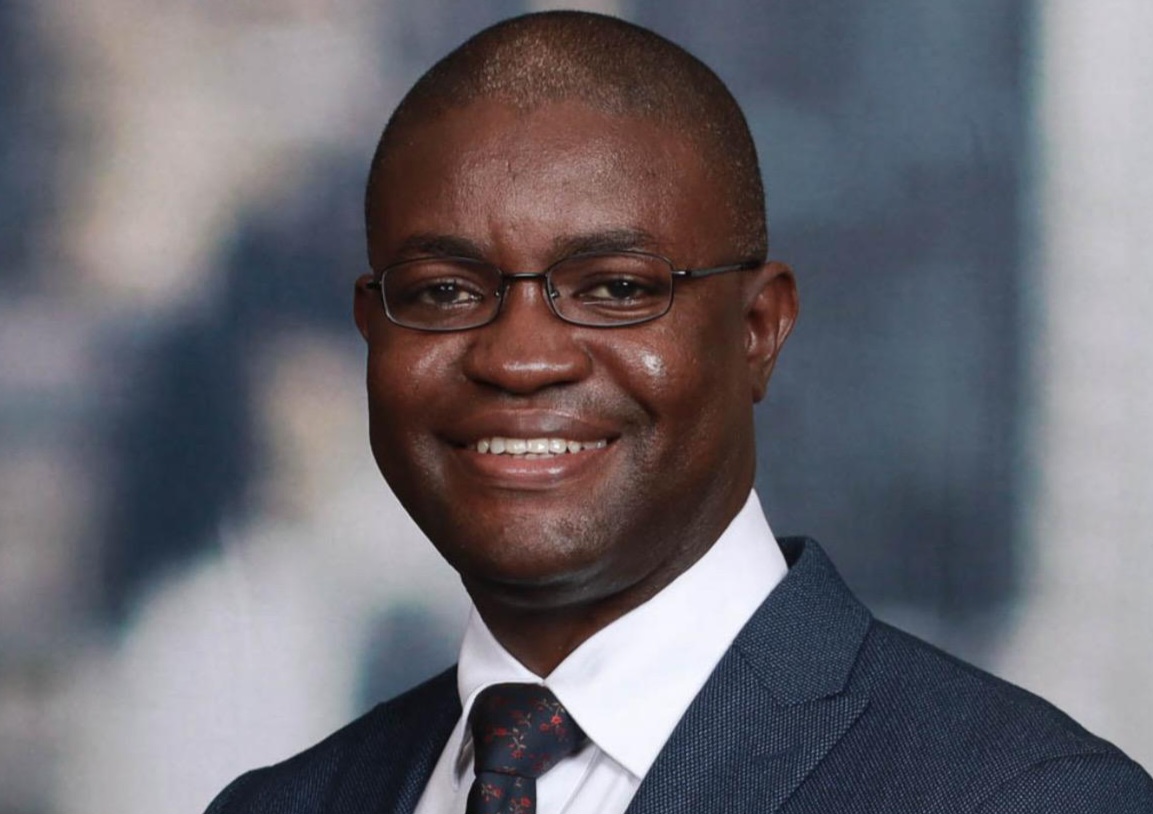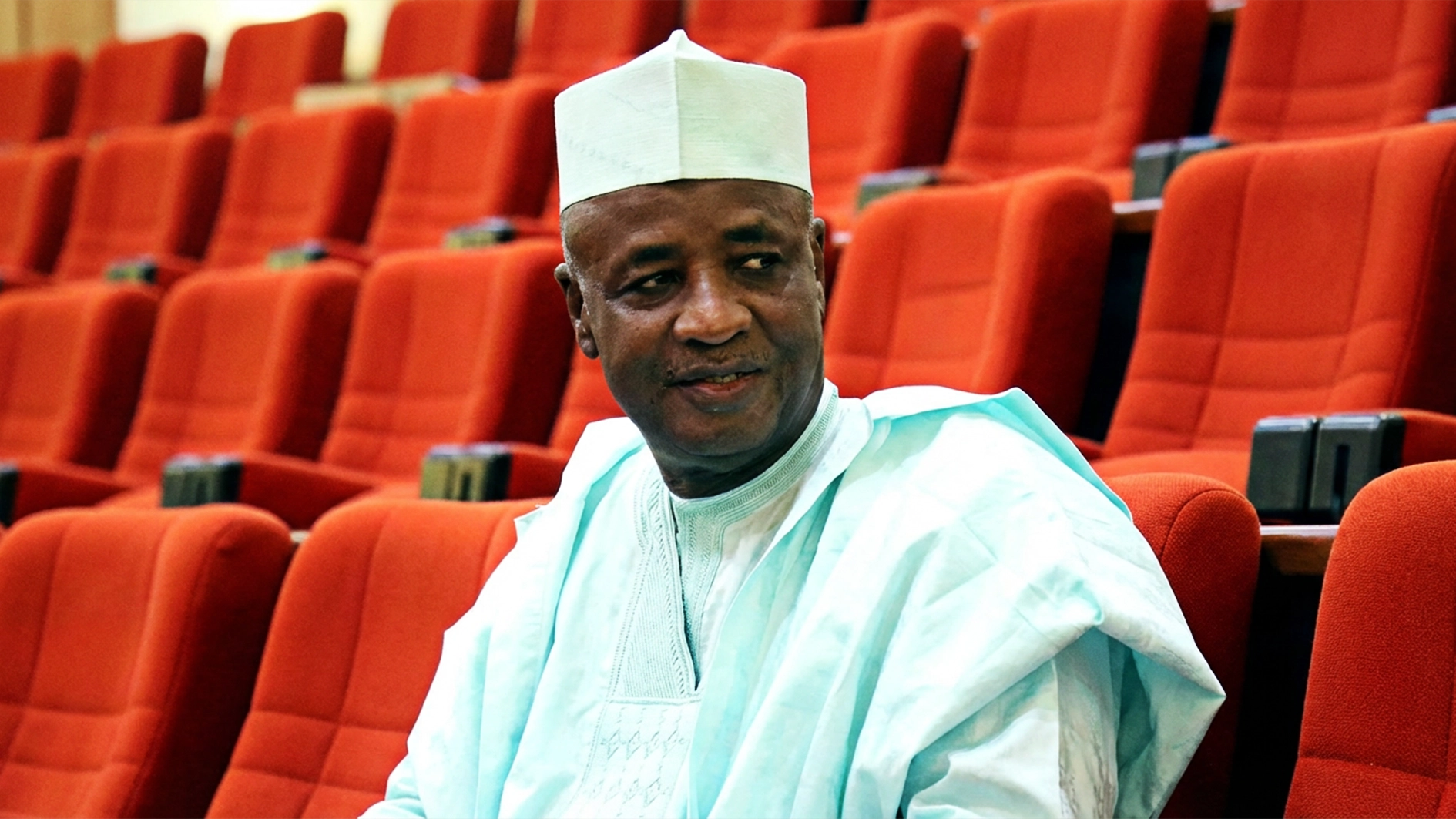
Nigeria’s battle against malaria has reached a new milestone with the introduction of the malaria vaccine, a groundbreaking development aimed at reducing the country’s high rates of infection and mortality, particularly among young children. To better comprehend these difficulties, Mr. Olanrewaju Egunlae who is a pharmaceutical supply chain and sales expert with more than 15 years of industry experience throughout African market shared some expert insights with me.
Mr. Egunlae, who has seen firsthand the complexities of distributing essential healthcare products in Africa, shared key insights into the obstacles Nigeria faces in integrating the malaria vaccine into its healthcare system.
Supply Chain Complexities and Infrastructure Gaps
One of the primary challenges associated with the introduction of the malaria vaccine in Nigeria, according to Mr. Egunlae, lies in the country’s inadequate healthcare infrastructure and supply chain management.
“The vaccine rollout requires a robust cold chain infrastructure, which is still underdeveloped in many parts of the country,” Mr. Egunlae explained. Vaccines must be kept at specific low temperatures to maintain their efficacy, and this is particularly difficult in remote and rural areas of Nigeria, where electricity supply is erratic or non-existent. “Without reliable refrigeration and transport systems, there’s a real risk that vaccines could become compromised before they even reach the patients who need them,” he added.
This problem is compounded by Nigeria’s challenging transportation network. Poor road conditions and security concerns in some regions make it difficult to distribute vaccines to primary healthcare centers in rural areas. “Even if you have the vaccines available in central warehouses, getting them safely to remote villages is a major hurdle,” Mr. Egunlae noted.
To address these issues, Mr. Egunlae stressed the need for investment in infrastructure improvements. “The government needs to work closely with private sector partners to strengthen the healthcare supply chain. This includes investing in solar-powered refrigerators for off-grid communities and improving logistics networks to ensure timely and safe delivery.”
Financial Barriers and Sustainability Concerns
Mr. Egunlae also pointed out that the cost of rolling out the malaria vaccine on a national scale presents significant financial challenges. “While initial funding may come from international donors and organizations like Gavi, the Vaccine Alliance, long-term sustainability is a concern,” he said.
The cost of purchasing, storing, and distributing the vaccine will need to be supported by Nigeria’s government budget in the future. According to Mr. Egunlae, there is a risk that once external funding diminishes, the government may struggle to continue providing the vaccine at an affordable price for the average Nigerian. “The vaccine needs to be accessible, especially for low-income families who are most vulnerable to malaria,” he emphasized.
To mitigate this, Mr. Egunlae recommended that the Nigerian government explore cost-sharing models and work closely with international partners to secure long-term financial support. “Without a clear plan for financial sustainability, we risk creating a situation where the vaccine is available now but becomes inaccessible later due to cost constraints,” he warned.
Public Perception and Vaccine Acceptance
While logistical and financial challenges are critical, Mr. Egunlae highlighted another major obstacle: public perception and vaccine acceptance. “There’s often a lot of skepticism surrounding vaccines, especially new ones,” he said.
Misinformation and rumors about vaccine safety have, in the past, affected the uptake of other vaccines, such as the polio vaccine in certain regions of Nigeria.
“Public health campaigns need to be front and center of the vaccine introduction,” Mr. Egunlae stressed. He believes that educating communities about the benefits and safety of the malaria vaccine will be essential in building trust. “Engaging community leaders, healthcare workers, and religious figures will be key to dispelling myths and ensuring that people understand the importance of the vaccine.”
Additionally, Mr. Egunlae noted that Nigeria’s diverse population will require tailored messaging to resonate with different cultural groups. “You can’t take a one-size-fits-all approach. We need to develop communication strategies that speak to the specific concerns and values of various regions across the country,” he explained.
The Role of Healthcare Workers and Training
Another critical factor Mr. Egunlae raised was the role of healthcare workers in the vaccine’s success. “Healthcare workers are on the front lines and have the greatest influence on patient decisions,” he said.
However, many healthcare professionals, particularly in rural areas, may not have received sufficient training on the malaria vaccine or may have concerns about its effectiveness.
“Training programs will be essential to ensure that healthcare workers are not only equipped to administer the vaccine properly but also to educate patients on its benefits,” Mr. Egunlae stated. He emphasized the need for ongoing professional development and support for healthcare workers, particularly in regions where access to resources is limited.
Moving Forward: Collaboration and Commitment
Despite the challenges, Mr. Egunlae remains optimistic about the future of malaria control in Nigeria. “The introduction of the malaria vaccine is a huge step forward, but it’s only part of the solution,” he said. “We need a holistic approach that combines the vaccine with other malaria control measures, such as insecticide-treated nets and antimalarial drugs.”
He also called for greater collaboration between government agencies, international organizations, and the private sector to overcome the hurdles of logistics, finance, and public education. “We can’t do this alone. It will require a coordinated effort across multiple sectors to ensure that the vaccine reaches the people who need it most.”
In conclusion, Mr. Egunlae believes that while the road ahead is challenging, the malaria vaccine holds great promise for reducing the burden of malaria in Nigeria.
“With the right infrastructure, funding, and public engagement, we can make this vaccine a critical tool in the fight against malaria and save countless lives,” he concluded.






